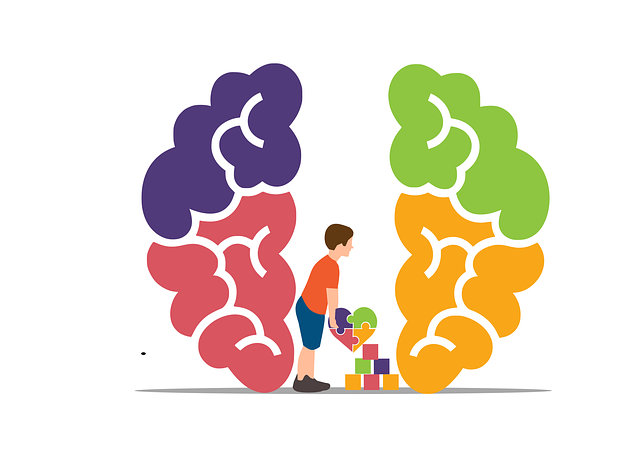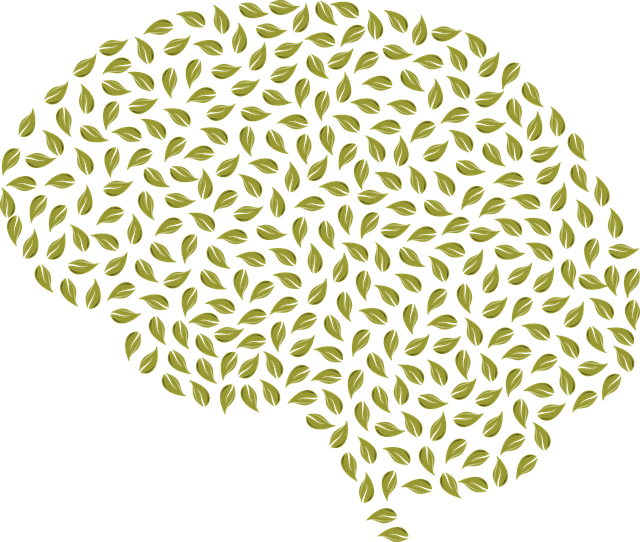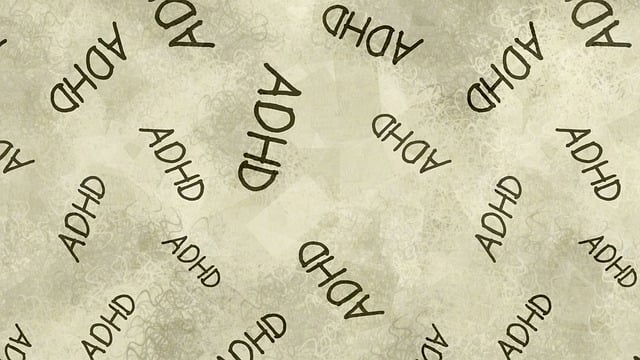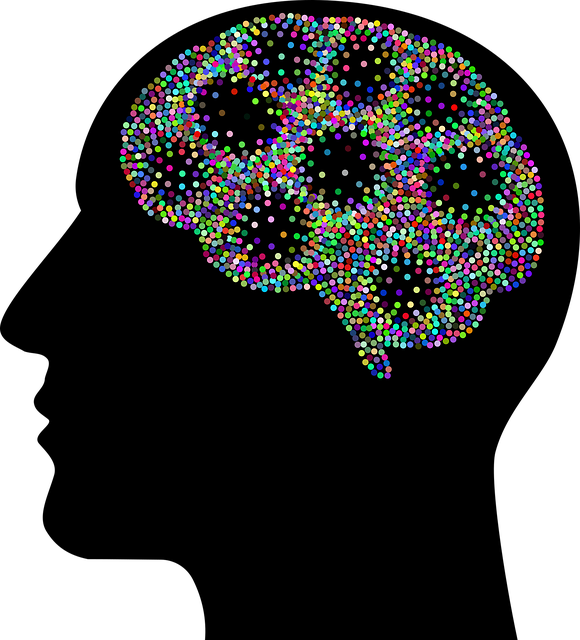Mood regulation through therapy for couples counseling is vital for healthy relationships, fostering emotional intimacy and effective conflict resolution. By creating safe spaces, encouraging open communication, exploring emotional factors, and promoting self-awareness, couples learn empathetic responses strengthening their bond. Burnout prevention strategies for healthcare providers and mental illness stigma reduction further benefit partnerships. Comprehensive support systems offering tailored coping strategies and culturally sensitive care significantly improve long-term mood disorders, ensuring both individuals receive specialized attention for lasting mental well-being.
Mood regulation strategies are essential for maintaining emotional well-being and fostering healthy relationships. This comprehensive guide delves into three key areas: understanding the foundation of mood regulation in personal connections, exploring strategies specifically tailored for couples navigating emotional intimacy and conflict, and highlighting the transformative power of professional support through therapy for lasting mood management. Discover how these elements intertwine to create a robust framework for emotional resilience.
- Understanding Mood Regulation: The Foundation of Healthy Relationships
- Strategies for Couples: Navigating Emotional Intimacy and Conflict
- Professional Support: Therapy as a Tool for Lasting Mood Management
Understanding Mood Regulation: The Foundation of Healthy Relationships

Understanding Mood regulation is a cornerstone of healthy relationships, be it between romantic partners or within counseling sessions for couples therapy. By recognizing and managing emotional states, individuals can foster deeper connections and resolve conflicts more effectively. In the context of couples counseling, this involves creating a safe space where both partners feel heard and understood, encouraging open communication about feelings, and developing strategies to navigate mood shifts constructively.
This process often entails exploring underlying factors contributing to one’s moods, such as past experiences or thought patterns, which can significantly impact self-esteem and overall well-being. Engaging in activities that promote positive thinking and self-awareness exercises can be beneficial. Through therapy, couples learn to respond to each other’s emotional cues with empathy, fostering a supportive environment that strengthens their bond.
Strategies for Couples: Navigating Emotional Intimacy and Conflict

Maintaining emotional intimacy and healthy conflict resolution are vital aspects of a strong relationship. Couples therapy can provide an essential toolkit for managing mood regulation and enhancing connection. Through counseling, partners can learn effective communication strategies, enabling them to express their needs and feelings openly. This process fosters understanding and empathy, which are crucial for navigating the complexities of shared emotions.
In addition to these couple-focused practices, burnout prevention strategies for healthcare providers can be beneficial for maintaining emotional well-being in relationships. By adopting stress management techniques, such as mindfulness or setting healthy boundaries, individuals can reduce the impact of external pressures on their intimate partnerships. Mental illness stigma reduction efforts also play a role, as fostering an environment of acceptance and understanding allows couples to support each other through challenges related to mental health.
Professional Support: Therapy as a Tool for Lasting Mood Management

Seeking professional support through therapy can be a game-changer for managing long-term mood disorders. Many people find solace and lasting improvements in their mental well-being by engaging in psychotherapy, especially when coupled with compassion cultivation practices. Therapists equipped with skills in couples counseling offer specialized care, enabling individuals to navigate complex emotional landscapes together. This approach not only benefits the affected person but also strengthens their relationship dynamic.
By participating in therapy sessions, clients develop effective coping strategies tailored to their unique needs. These techniques often include stress management workshops led by organizations focusing on mental health advocacy. Additionally, healthcare provider cultural competency training plays a crucial role in ensuring that individuals from diverse backgrounds receive sensitive and culturally responsive care. Such comprehensive support systems create an environment conducive to healing and personal growth.
Mood regulation is a multifaceted aspect of mental health, impacting not only personal well-being but also the dynamics of our relationships. By understanding the foundational role it plays in emotional intimacy and conflict resolution, individuals can empower themselves to foster healthier connections. While self-help strategies are valuable, professional support through therapy for couples counseling can provide tailored guidance for navigating complex emotions. Integrating these approaches allows for comprehensive mood management, ultimately enhancing the quality of personal and interpersonal relationships.














